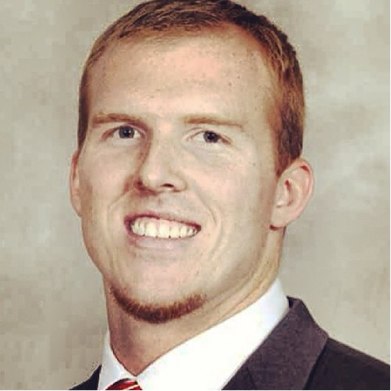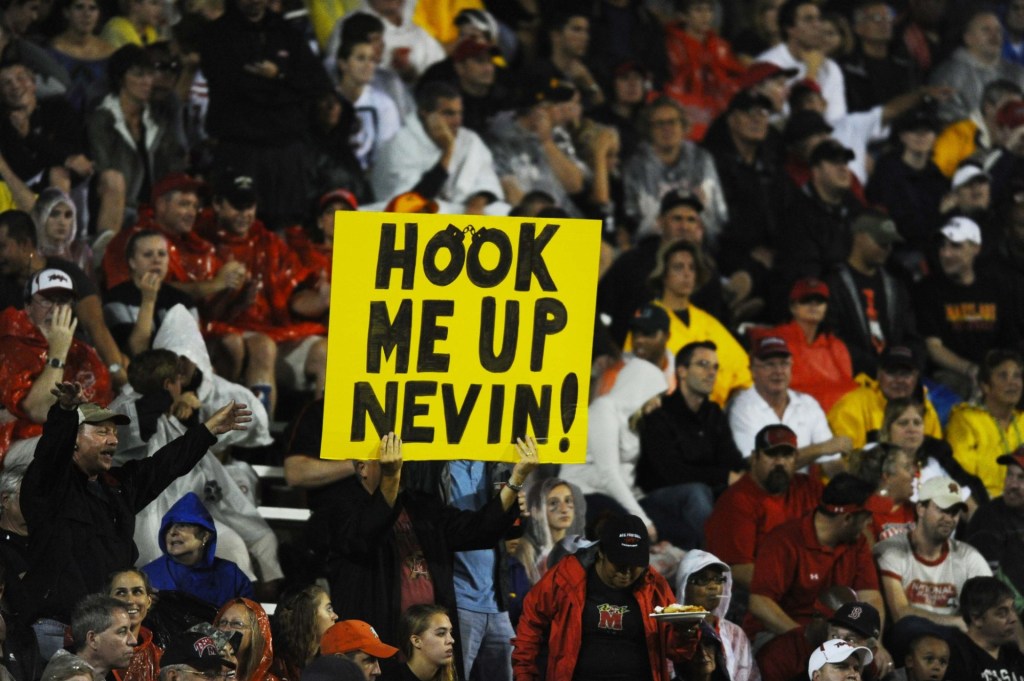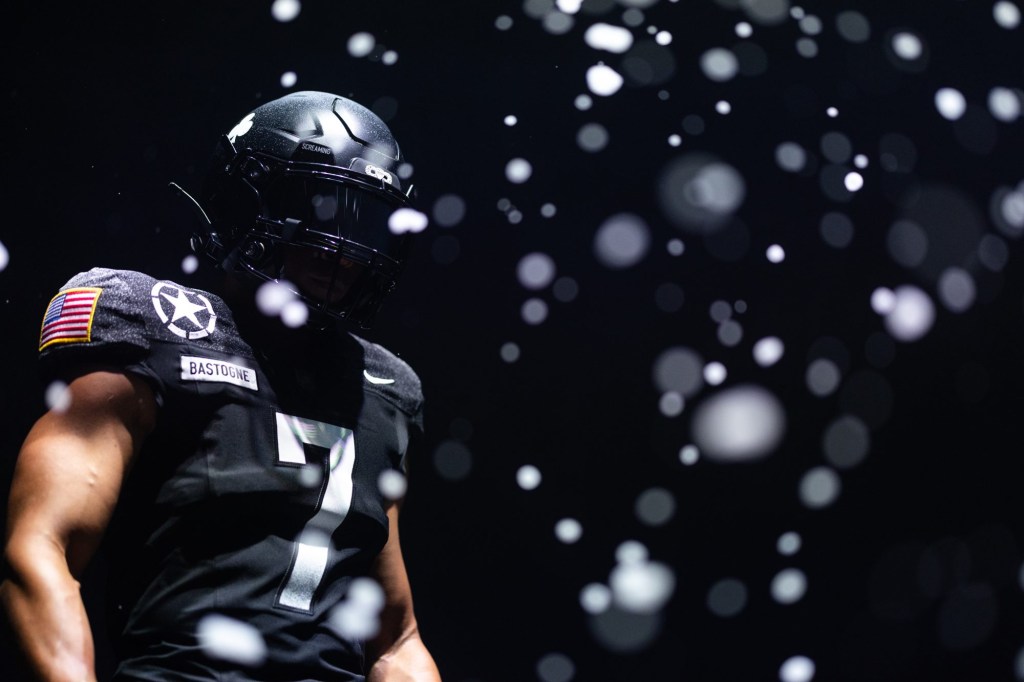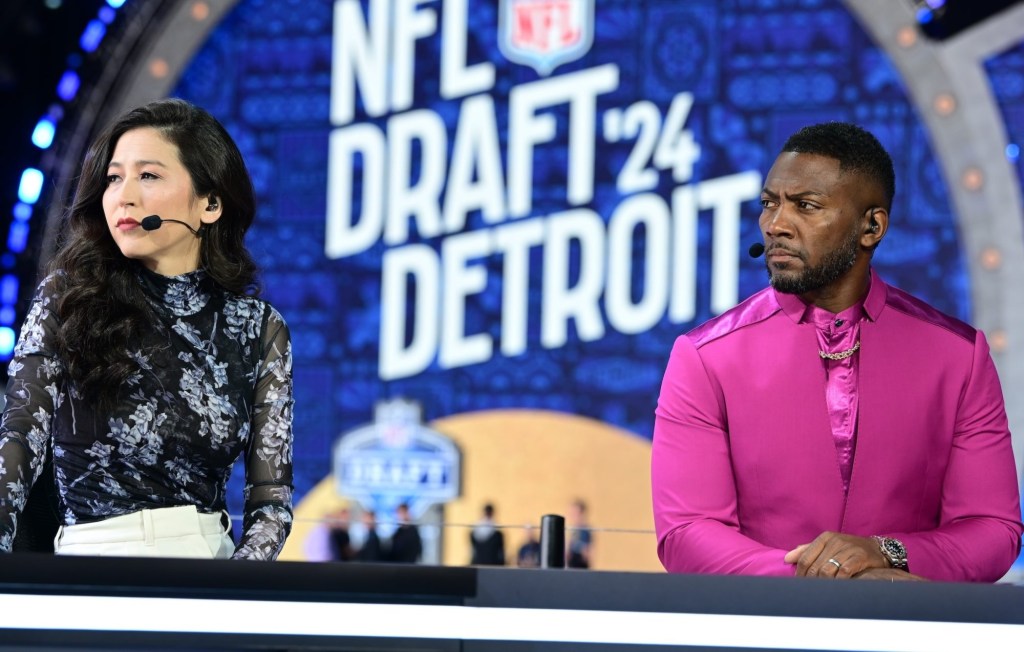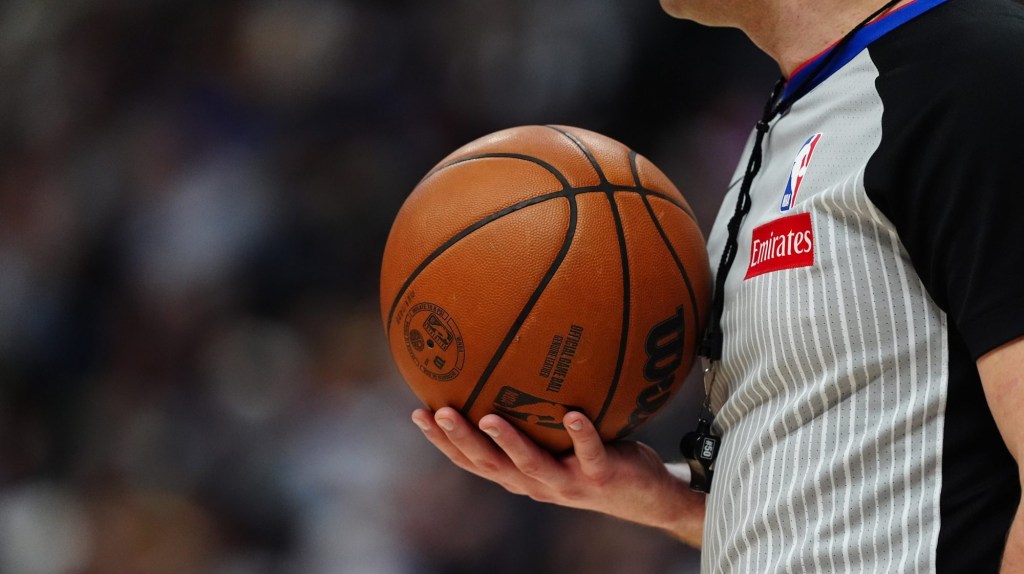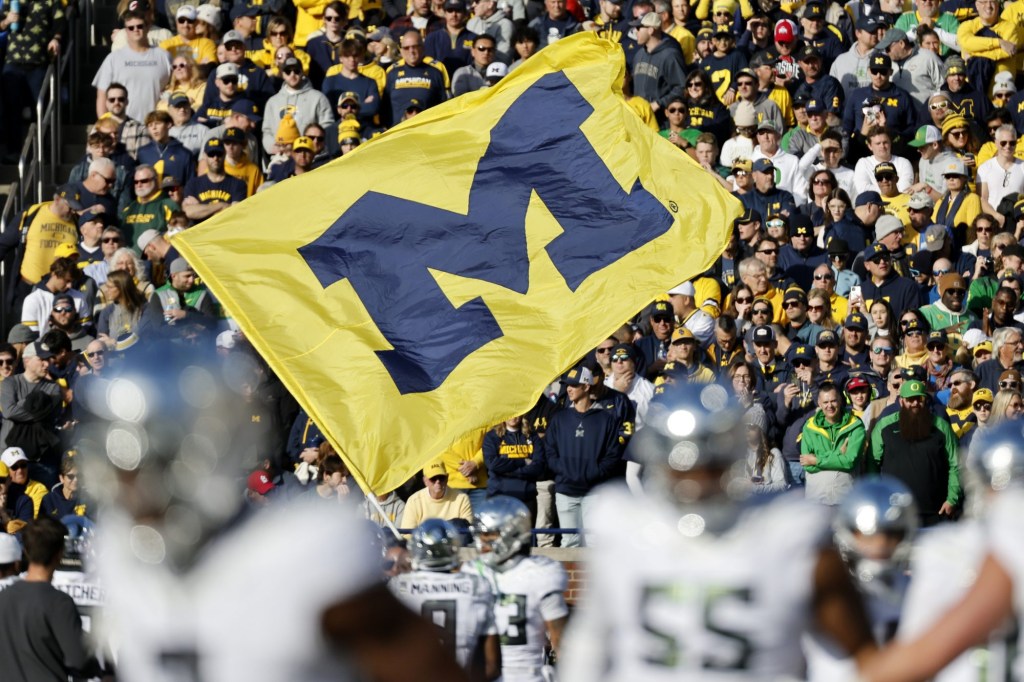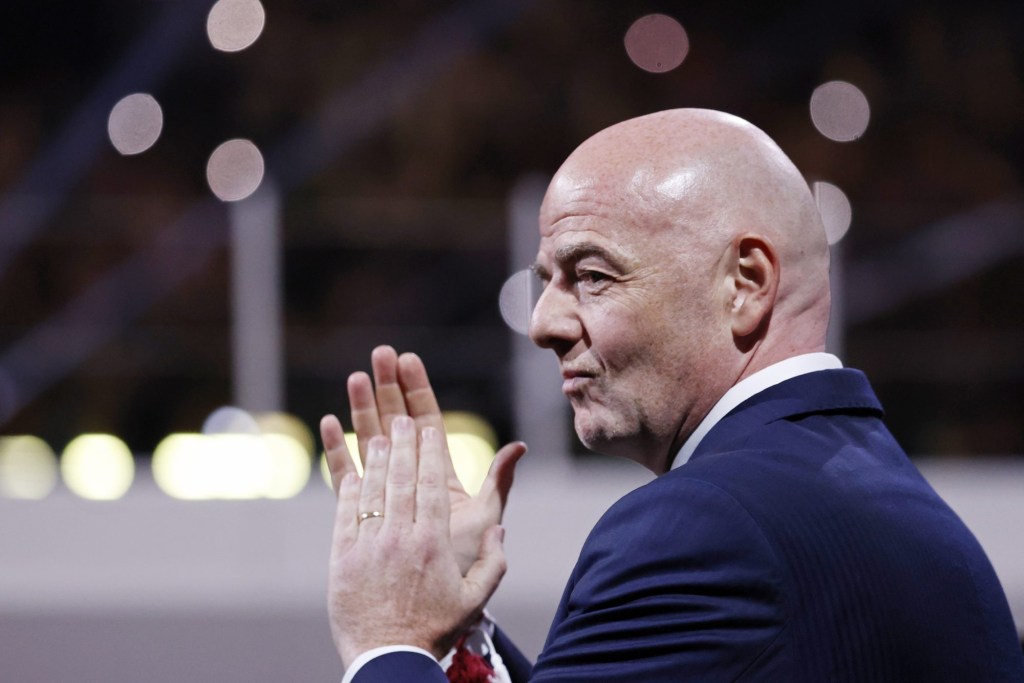By: Amari Dryden, @Amari_Dryden

Front Office Sports is proud to have sat down with Zeke Riser, an Account Executive for UPS. After playing football at the University of Houston and the University of Maryland, Zeke transitioned into the corporate world. He eventually wants to take his business world experiences and use them in the sports business world. He was gracious enough to offer up his wisdom about how his time as a student athlete has helped him in his job currently.
What has your journey been like going from Houston to Maryland to now working at UPS?
It’s been a long journey first of all. Whenever you’re eighteen years old and you’re going to college, you’re just excited to keep playing football. Five, six years down the road now, to have a job in corporate America at a humungous company. It all got started looking back with just being offered a scholarship. It’s exciting but there’s no way I would have guessed this for myself.
What is your favorite aspect of your job?
I like being able to meet really different people every single day from a variety of different backgrounds and different kinds of businesses. I manage small businesses, their shipping and logistics in accordance with UPS. Coming in contact with a bunch of different people that are trying to make the most out of whatever situation they’re in. I’m trying to help them no matter what the situation is. It’s really cool.
I was a sports administration major with a business administration minor so I got all the accounting and management and supply chain classes. Even though I’m a kinesiology major, I have all the business side of it as well. It’s definitely interesting.
What is your ultimate career goal?
My ultimate career goal is to make my way back to sports and try to be an athletic director. I just got accepted into graduate school for coaching and athletic administration. I’m taking my business world experience and translating it back over to the sports side of things and hopefully being an athletic director one day.
As a former student athlete, what did you take away from your playing days that have helped you in the corporate world?
The biggest thing is taking advantage of who all I come in contact with. Whether it be donors, coaches, professors, you don’t know who you will come in contact with that will be able to help you down the road whether it be trying to get a job or words of wisdom from what they’ve gone through with their experiences.
The number of people I’ve come in contact with through the years, especially being in sports, was really valuable and I think really undervalued whenever you’re actually in that situation as a student athlete. You think it’s just another person you have to shake hands with. A lot of different people have a lot of different perspectives, information and connections that you can really be able to use.
Did you always want to work in the business field?
When I first went to Houston, I was one of the few athletes that already knew what my major was when I actually started summer school. I was always kind of interested in the business side of sports along with the actual on the field drills and stuff like that. Being a player, you’re always going to be interested in coaching but for me the business side, the administration side was always interesting to me as well so I definitely wanted to focus on that. It’s always been in the back of my mind.
What did you learn in the classroom that most benefited your career?
I think especially on the sports administration side of things those were some of the most realistic classes I think I could have taken because instead of learning from a textbook, you’re taking the subject matter, whatever that may be and you’re able to apply it right then and there to what is currently going on.
So if you have a sports law class and you have an athlete holding out because of contract agreements, you’re able to stop what you’re doing and talk about those contract agreements, why they’re holding out, what’s actually in a sports contact and stuff like that. That’s what happened and that was one of my favorite classes was sports law. Being able to apply things right then and there to current events in sports administration was the most helpful.
How does being on a sports team affect your ability to work on a team in business?
Especially being on a team sport, it may be a little different if you’re a wrestler or in an individual sport, being a football player you’re always depending on your teammates. You’re just one part of a huge machine it feels like. It definitely helps you work with other people but being able to count on each other and work with people day-to-day no matter what the situation is, good or bad. Being able to work together and know where you fit in is probably the most helpful part of actually playing sports.
Parting wisdom for who are people just starting out in the corporate world?
Take advantage of who you meet along the way. I knew that whenever I was done with football, I knew fairly early on that I wasn’t going to even try to play professionally no matter what my chances were or what scouts were telling me.
Really take advantage of the people you meet along the way even it’s your coaches, fellow players, athletic boosters, and speakers that come into your business class that you think you have nothing in common with and think you will never have anything in common with. Those are the people that are going to help you down the road in some form or fashion.
Network as much as you can. Make sure to utilize every resource available even if it doesn’t make sense to you or doesn’t seem appropriate at the time.
We would like to thank Zeke for his time and insight and we wish him the best in all his future endeavors!
You can follow him on Twitter here, or connect with him on LinkedIn here!
